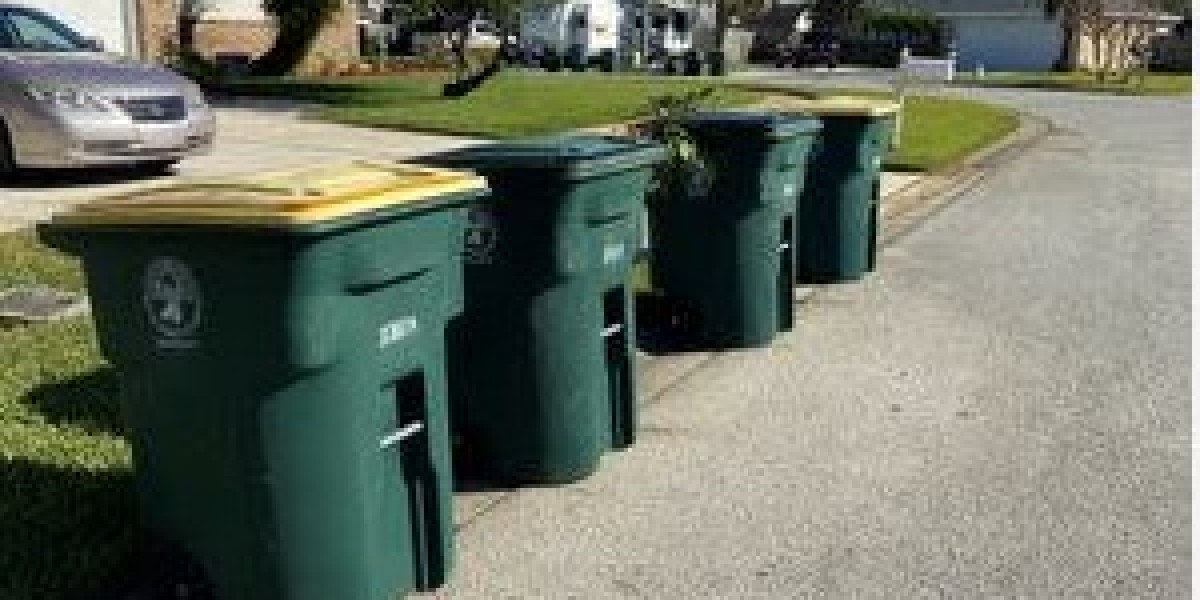Introduction
Have you ever wondered how the way Denver handles its trash affects the environment around you? This article will break it down for you. You will look into Denver waste management practices, finding their impact on Mother Earth and exploring eco-friendly solutions to make the Mile-High City a cleaner and healthier place to call home.
So, if you're concerned about the environment or just curious about what happens to your trash, keep reading. Furthermore, you'll learn about the environmental consequences of Denver's waste management and discover how you can be a part of the solution for a more sustainable and eco-conscious Denver.
Landfills and Greenhouse Gas Emissions
Denver uses landfills to dispose of its waste. The issue is that these landfills produce chemicals known as greenhouse gases. Heat-trapping greenhouse gasses envelop our globe like a warm blanket. Methane is one of the primary gasses produced by landfills.
To be kinder to our environment, Denver can do some things. They can capture this methane gas and use it for energy. That's like turning a problem into a solution. You can also make less trash by recycling and composting.
Recycling Efforts in Denver
Although the city is making an effort to lead the way in recycling, more has to be done. Recycling provides items like paper, bottles, and cans a second chance at life.
Denver has made progress with recycling, which is wonderful news. To gather these materials, recycling programs have been established. The problem is that not everyone is doing it correctly. It may cause problems when individuals put the wrong items in their recycling containers.
You can contribute to being a recycling superhero in Denver. Make sure the bin is filled with items that are intended for recycling. Find out what can and cannot be recycled. It maintains the efficiency of the recycling process.
Single-Use Plastics and Pollution
Although single-use plastics, such as bags and cups, are handy, they contribute to pollution. Because these polymers are difficult to decompose, they usually end up in adverse settings such as rivers and oceans.
When plastic garbage winds up in the water, it harms fish and other aquatic life. They may ingest the plastic, injuring them or ending up in our food chain.
Denver is making an effort to solve this issue by reducing the use of single-use plastics. Instead, they might pass legislation mandating the use of greener materials. However, you can help by reducing your usage of single-use plastic goods. Bring your bottles and reusable shopping bags.
Hazardous Waste Disposal
Trash that poses a serious risk is called hazardous waste. Both the environment and humans are harmed by it. Hazardous garbage might include used batteries, chemicals, and certain cleaning supplies.
Denver has laws to ensure that this hazardous material is handled properly. Hazardous garbage requires particular handling. It may contaminate soil and water if improperly handled, which is harmful to everyone's health.
There are designated locations to dispose of your hazardous trash, which is fantastic news. They gather it and securely dispose of it. Respecting these regulations is essential for maintaining the cleanliness of our city and safeguarding our health.
E-Waste Management
The electronic gadgets you throw away are known as "e-waste" or electronic garbage. Consider outdated cell phones, computers, or even that screen-equipped toaster. Some items include pieces that might damage the environment if not handled properly.
You must manage your electronic trash wisely in Denver. If you put it in a landfill, it may be in ordinary garbage. Hazardous chemicals and heavy metals can seep from those devices and contaminate the land and water.
The good news is that there are e-waste disposal locations in Denver. It will be disassembled, and the recyclable parts recycled, which is healthier for the environment.
Composting for a Greener Denver
The act of composting is like an environmental superhero. It occurs when you convert garden trash and food scraps into compost, an extremely rich soil. Composting is a major component of Denver's effort to become a greener city.
Food thrown in the usual trash at landfills rots and smells awful. However, composting produces some incredible things. It functions as a natural fertilizer, packed with nutrients supporting plant growth.
Wrap Up
Denver waste management is making strides to become an eco-friendly place for everyone. You've read about the effects of composting, hazardous waste, recycling, single-use plastics, landfills, and e-waste. The good news is that you can contribute significantly to this green journey as a citizen of Denver.
By composting, reducing single-use plastics, recycling properly, and handling hazardous trash, you can contribute to Denver becoming a cleaner and healthier place. The 5280 Trash is making progress towards more ethical trash management, but your help is still needed.







